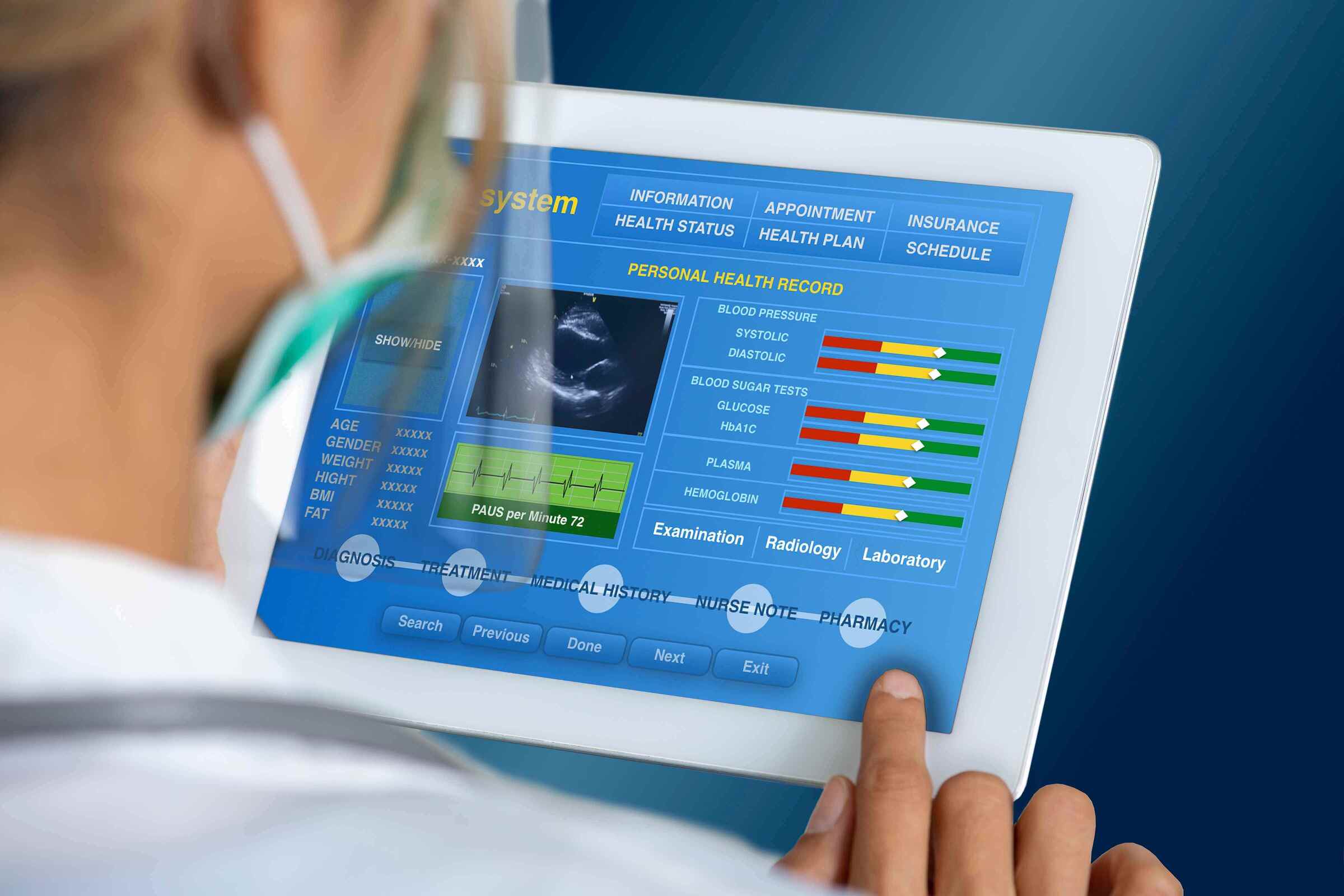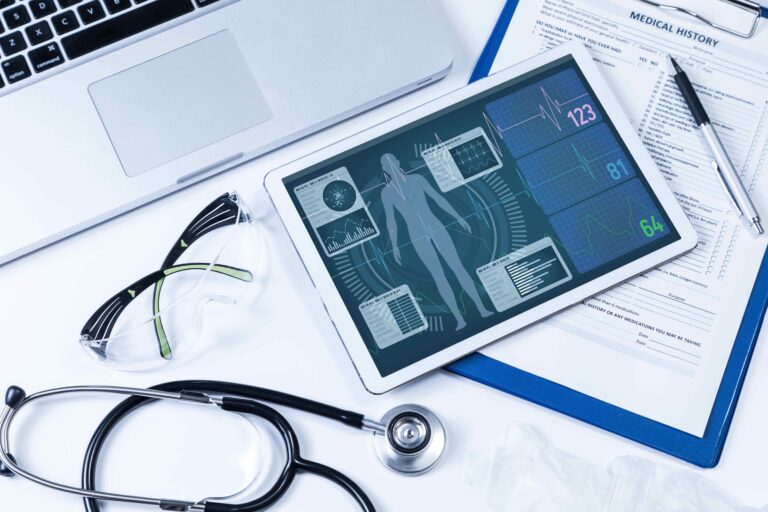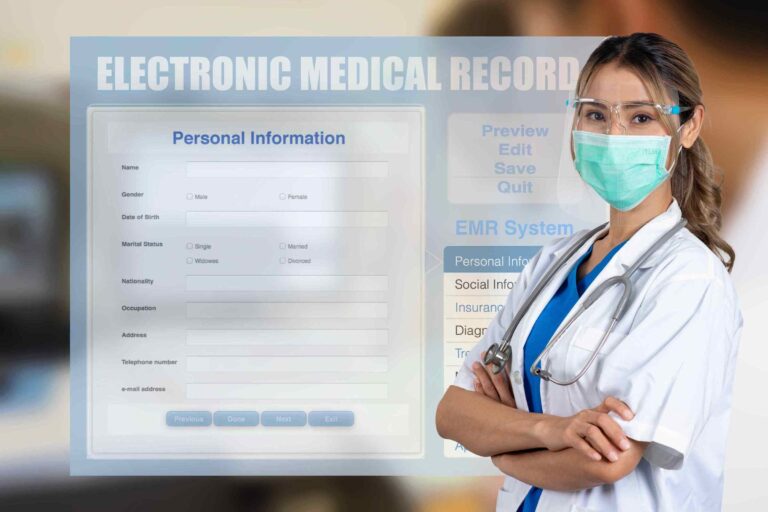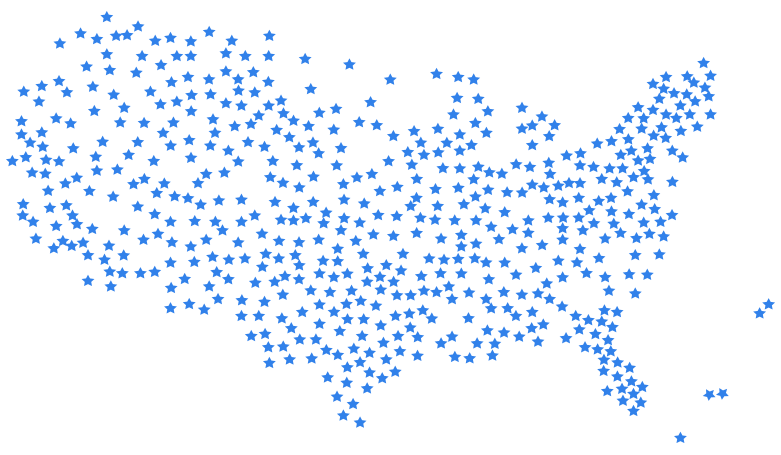Key Features and Benefits of Oncology EHR Software

In the medical world, Electronic Health Record (EHR) systems have revolutionized how patient data is managed, shared, and utilized. While general EHR systems are used across various specialties, some fields demand a more specialized approach due to their unique requirements—oncology being one of them. Oncology EHR systems are tailored specifically to meet the intricate needs of cancer care, where treatment plans are complex, patient conditions are critical, and data must be handled with precision. In this article, we will explore how Oncology EMR differs from general EHR systems and why these differences are crucial for enhancing patient outcomes and improving workflows in oncology practices.
1. Specialized Treatment Plans
One of the most significant differences between oncology EHR and general EHR systems is the need to handle highly specialized treatment plans. Cancer treatment typically involves complex regimens such as chemotherapy, radiation therapy, and immunotherapy, each of which needs to be closely monitored and adjusted based on patient response.
Oncology EHR:
- Chemotherapy Management: Oncology EHR systems are designed to manage the full lifecycle of chemotherapy treatment. This includes precise dosage calculations, scheduling of treatments, and tracking patient responses. The system alerts healthcare providers if a dosage needs to be adjusted based on factors such as lab results or changes in the patient’s health.
- Multimodal Treatments: Oncology patients often undergo multiple treatments simultaneously or sequentially. Oncology EHRs are designed to track these multimodal therapies, ensuring that all treatments are synchronized and properly documented.
General EHR:
- Basic Treatment Documentation: General EHR systems can track basic treatment protocols but may lack the intricate functions required to manage complex cancer therapies. For example, they may not have the capacity to handle chemotherapy-specific workflows or alert providers to conflicts in treatment regimens.
2. Precision in Cancer Staging and Diagnosis
Accurate cancer staging and diagnosis are essential for determining the course of treatment and predicting patient outcomes. Oncology EHR systems provide tools for documenting and tracking cancer stages, tumor types, and genetic profiles in ways that general EHR systems do not.
Oncology EHR:
- Cancer Staging and Tumor Classification: Oncology EHRs are equipped with standardized cancer staging tools such as the TNM (Tumor, Node, Metastasis) classification system. These systems allow healthcare providers to input, store, and track information related to tumor size, lymph node involvement, and metastasis.
- Genomic Data: Precision medicine is becoming increasingly important in oncology, as treatments are tailored based on the genetic profile of a tumor. Oncology EHRs can integrate genomic data, making it easier for oncologists to choose the most effective treatments based on a patient’s genetic makeup.
General EHR:
- Limited Diagnostic Tools: While general EHRs allow for basic diagnosis input and tracking, they may not provide the detailed cancer staging tools necessary for oncology care. For example, a general EHR may only allow for the recording of a cancer diagnosis without the ability to track its progression in real-time or incorporate genomic data into the decision-making process.
3. Integration with Oncology-Specific Devices and Labs
Cancer care requires the use of a variety of specialized diagnostic tools and laboratory tests. From imaging to genetic testing, the ability to seamlessly integrate with these systems is vital in an oncology setting.
Oncology EHR:
- Imaging Integration: Oncology EHR systems can integrate directly with radiology systems to access and store imaging results, such as CT scans, MRIs, or PET scans. This ensures that oncologists have quick access to the latest imaging data when making treatment decisions.
- Laboratory Integration: In cancer care, lab results are often more detailed and specific, including tumor markers, biopsy results, and genetic testing. Oncology EHRs allow for seamless integration with oncology labs to track these specialized results and compare them over time.
General EHR:
- Limited Integration Capabilities: General EHR systems may integrate with basic lab results and imaging systems, but they often lack the capability to handle the more advanced and specific tests required in oncology. For example, they may not support the integration of genetic testing results, which are becoming increasingly important in determining cancer treatment plans.
4. Support for Clinical Trials and Research
Cancer care is a field that constantly evolves, with new treatments and therapies being developed through clinical trials. Oncology EHR systems are designed to support clinical research by helping to identify eligible patients, track trial participation, and manage complex data requirements.
Oncology EHR:
- Clinical Trial Integration: Oncology EHR systems offer features that facilitate the identification of patients who meet the criteria for ongoing clinical trials. These systems can match patient profiles to trial requirements based on factors like cancer stage, tumor type, and previous treatments.
- Data Management for Research: Oncology EHRs are designed to handle the detailed data collection required for clinical research, making it easier for practices to participate in trials and contribute to advancing cancer treatment
General EHR:
- Basic Data Management: While general EHRs can track patient data, they often lack the specialized tools required to manage clinical trial participation or provide the level of detailed data required for oncology research.
5. Compliance with Oncology-Specific Regulations
Oncology practices face unique regulatory requirements, especially when it comes to managing patient data, treatment protocols, and reporting outcomes. Oncology EHR systems are designed to ensure compliance with these specialized regulations.
Oncology EHR:
- Compliance with Cancer Protocols: Oncology EHR systems include features that ensure compliance with cancer treatment protocols and guidelines set by organizations such as the National Comprehensive Cancer Network (NCCN). These protocols are essential for ensuring that patients receive the highest standard of care.
- Reporting Requirements: Oncology practices must often report patient outcomes to cancer registries or participate in quality reporting programs. Oncology EHRs include built-in reporting tools that simplify this process and ensure that all required data is accurately captured and submitted.
General EHR:
- General Compliance: General EHRs ensure compliance with broader healthcare regulations, such as HIPAA, but they may not provide the specialized features necessary to comply with oncology-specific reporting or treatment guidelines.
6. Enhanced Workflow for Multidisciplinary Care Teams
Cancer care often involves a multidisciplinary team, including oncologists, surgeons, radiologists, and other specialists. Coordinating care across these various disciplines is a challenge that oncology EHR systems are built to address.
Oncology EHR:
- Multidisciplinary Care Coordination: Oncology EHRs are designed to support the collaborative nature of cancer care. These systems provide tools for sharing patient data, treatment plans, and progress notes across different specialists, ensuring that everyone involved in a patient’s care is on the same page.
- Task Management and Scheduling: Oncology EHR systems often include advanced scheduling tools that account for the complex timelines associated with cancer treatment. They can schedule chemotherapy sessions, follow-up appointments, lab tests, and imaging scans while coordinating with other specialists involved in the patient’s care.
General EHR:
- Limited Care Coordination: General EHR systems may provide basic tools for sharing data across care teams, but they often lack the advanced features needed for the level of coordination required in oncology. This can lead to inefficiencies, with specialists needing to manually update and share treatment plans or patient information.
7. Patient Engagement and Education
Cancer patients require more than just treatment; they also need education, support, and the ability to manage their care actively. Oncology EHR systems are built with patient engagement in mind, providing features that general EHRs often do not.
Oncology EHR:
- Patient Portals for Oncology: Oncology EHRs provide patient portals that are specifically tailored to cancer care. These portals allow patients to access their treatment plans, schedule appointments, view lab results, and communicate with their care team.
- Educational Resources: Oncology EHR systems often include educational tools and resources to help patients better understand their diagnosis, treatment options, and what to expect during treatment. These resources can be personalized based on the patient’s type of cancer and treatment plan.
General EHR:
- Basic Patient Engagement: General EHR systems may offer patient portals, but these are often generic and not tailored to the specific needs of cancer patients. For example, they may not provide educational materials or support tools that are relevant to cancer care.
Conclusion
While general EHR systems provide broad functionality for healthcare practices across multiple specialties, oncology EHR systems offer the depth, precision, and specialized features necessary to manage the complexities of cancer care. From supporting complex treatment regimens to managing multidisciplinary care teams and integrating with advanced diagnostic tools, oncology EHRs are designed to meet the unique needs of oncologists and their patients. By understanding these key differences, oncology practices can make informed decisions about selecting the right EHR system to enhance patient care and streamline their workflows.
In a world where cancer treatments are becoming increasingly personalized and data-driven, choosing an EHR that is tailored specifically to oncology is no longer a luxury—it’s a necessity.
Share article blog via:
Facebook
Twitter
Pinterest
LinkedIn
About Author
Ashley Yum is a dedicated writer and researcher specializing in oncology, hematology, and cancer-related healthcare technology. With a strong focus on innovative solutions like Oncology EHR and Oncology Practice Management software, Ashley brings deep industry knowledge to her work. She is passionate about exploring how digital tools can improve cancer care and streamline clinical workflows.
Social Media
Most Popular

How Oncology EHR is Different from General EHR
September 13, 2024

What is Oncology EHR? A Comprehensive Guide
September 13, 2024

How Gene Editing is Shaping Cancer Therapies
August 27, 2024
Get The Latest Updates
Subscribe To Our Weekly Newsletter
No spam, notifications only about new products, updates.
Ready to improve your practice?
See why our integrated, award-winning healthcare software is the right fit for your medical practice

